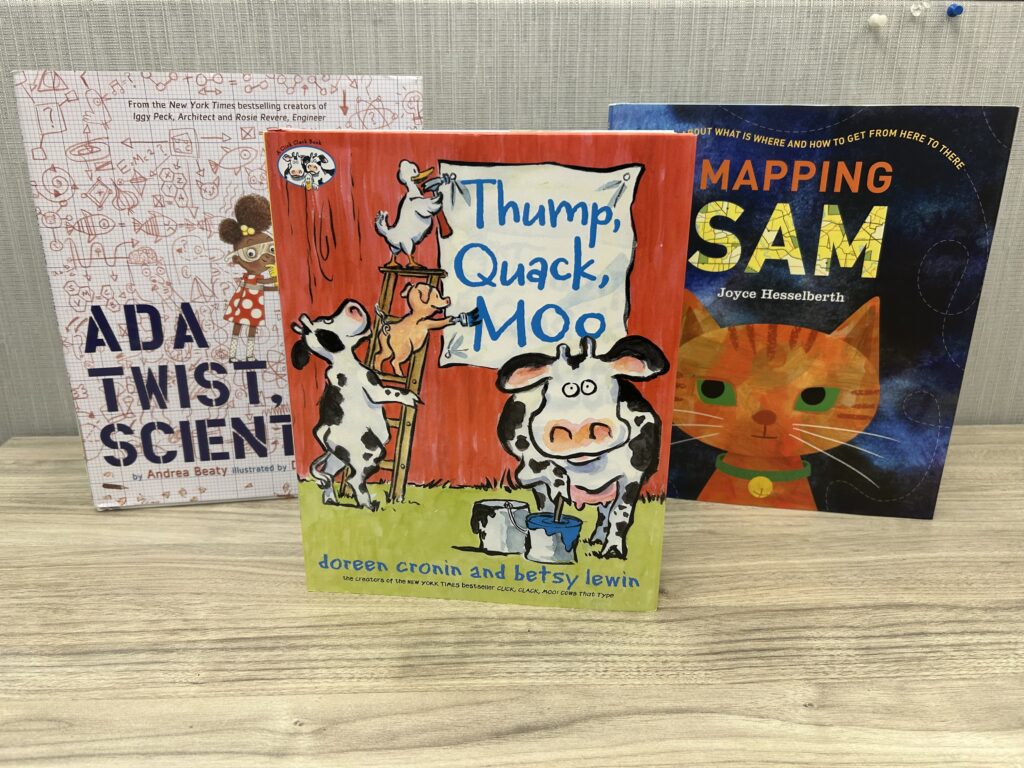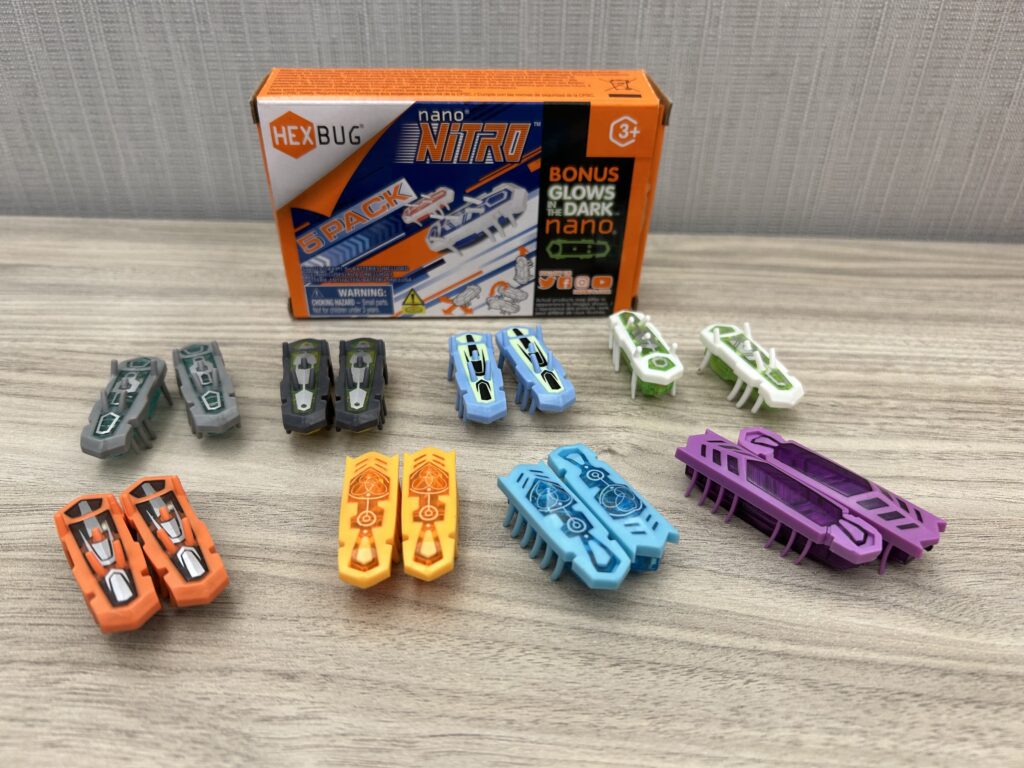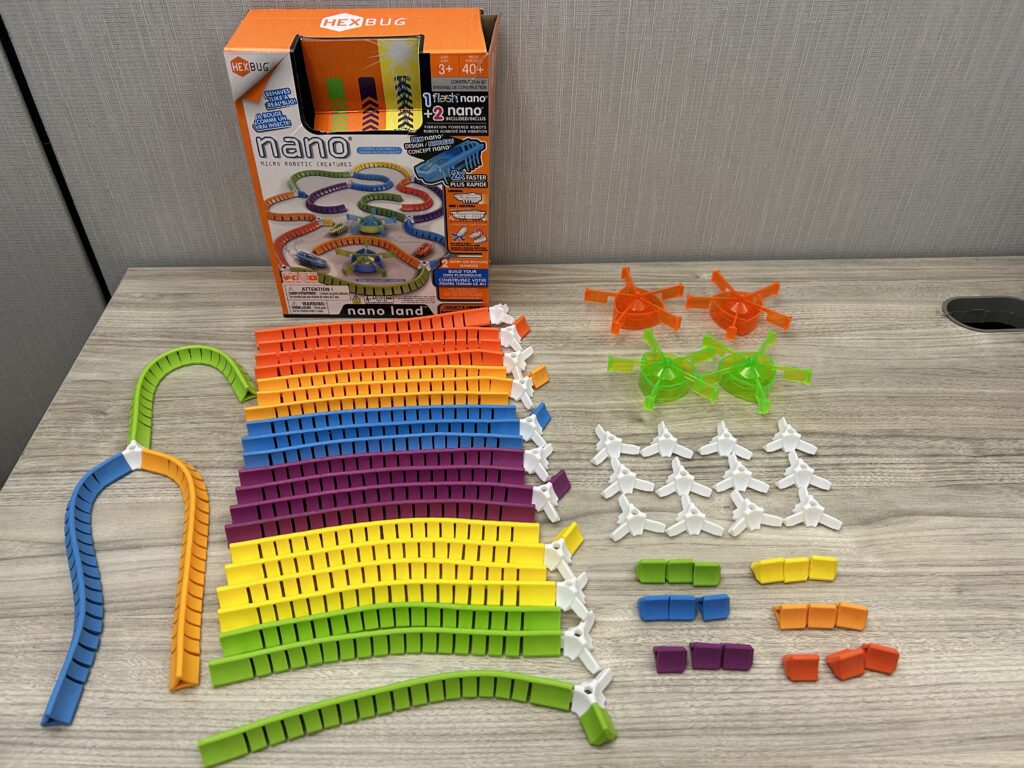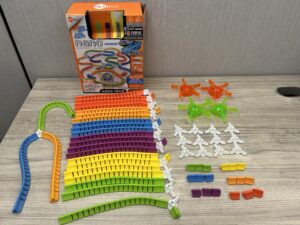Introduction
We know that the fastest way to develop new skills in children is through guided play. STEAM (Science, Technology, Engineering, Art and Math) activities lend themselves to this kind of learning as children explore and create, caregivers and program facilitators can be on the side scaffolding with different vocabulary, skills to try and question prompts. This combination of self discovery and support has a positive effect on future learning. While libraries are poised to spark curiosity and expose children to a variety of topics and skills, children also need an array of social and emotional skills to be ready to learn even more when they arrive at school.
Why focus on Mazes?
Mazes exercise social and emotional skills like working memory and executive function while encouraging cognitive flexibility. “They [mazes] require children to activate spatial learning and memory, foresight, perceptual organization, planning, decision-making, and general reasoning (Venkatesan & Lokesh, 2020).” While it might seem like a lot for the littlest of our learners, even waiting for an object to reach the end of a maze builds patience and emotional regulation. By playing with shapes as mazes are created, children are developing skills needed for letter recognition. In fact, a child’s early math skills are a strong predictor for later success in reading and math!
Who is this kit for?
This kit will allow library staff to present play-based, interactive programs on mazes for young children, ages 2 to 7. However, consideration should also be given to adult caregivers bringing the children to your programs. As you use this kit, be mindful of the ways in which you’re being a role model to FFN as you engage young children in concepts by asking open-ended questions and encouraging experimentation.
Contents
- 12 Nano bugs
- 24 flexible walls
- 24 wall to wall connectors
- 24 three-way wall connectors
- Four Merry Go Rounds
- 400 keva planks
- One copy of each of the following books
- Mapping Sam by Joyce Hesselberth
- Ada Twist, Scientist by Andrea Beaty
- Thump, Quack, Moo by Doreen Cronin
Resources
General
Conversation Starters – Discovering While Together (Bay Area Discovery Museum)
For more information about mazes and their developmental benefits:
- https://knowledge-hub.com/2021/05/18/educational-benefits-of-solving-mazes-for-kids/#:~:text=Mazes%20improve%20the%20cognitive%20skills,minds%20to%20a%20great%20extent.
- https://parents.highlights.com/easy-math-games-to-boost-your-babys-math-skills
- https://positivepsychology.com/cognitive-development-activities/
For Inspiration
- https://handsonaswegrow.com/mazes-for-preschoolers/
- https://bayareadiscoverymuseum.org/activity/a-maze-ing-design
- https://www.hallmarkchannel.com/home-and-family/how-to/diy-maze-for-kids
- https://librarymakers.blogspot.com/2014/10/wonderworks-mazes-trails-pathways-and.html




